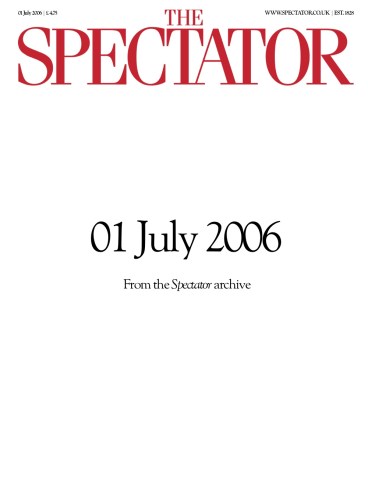Triumph and tragedy
The 90th anniversary of the start of the battle of the Somme falls on 1 July. Several books mark it; it made a scar on the nation’s memory that is still severe, and it is still often called the day when the army suffered its worst casualties. Strictly, this is not true, for General Perceval

